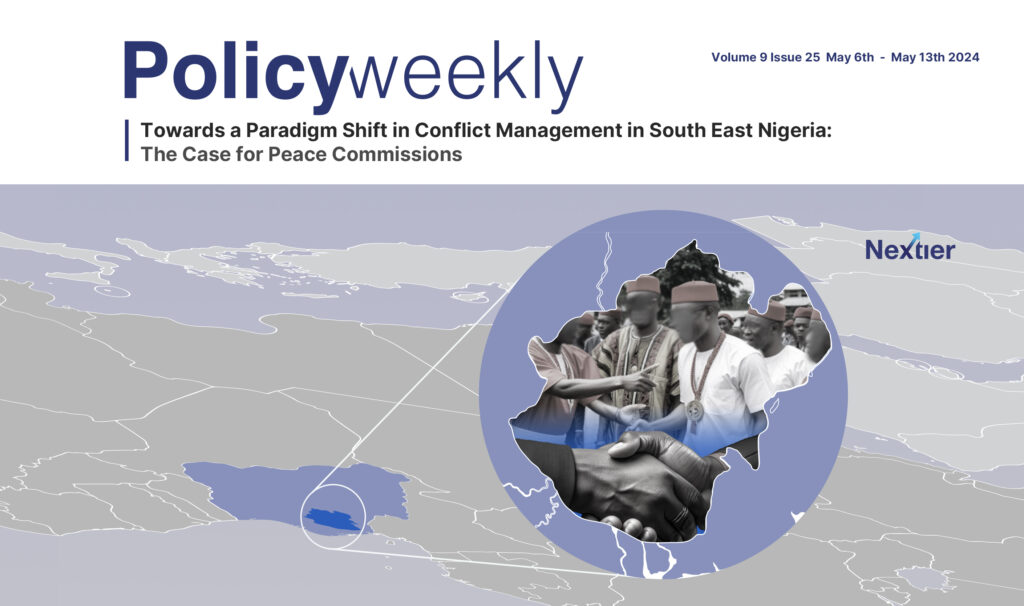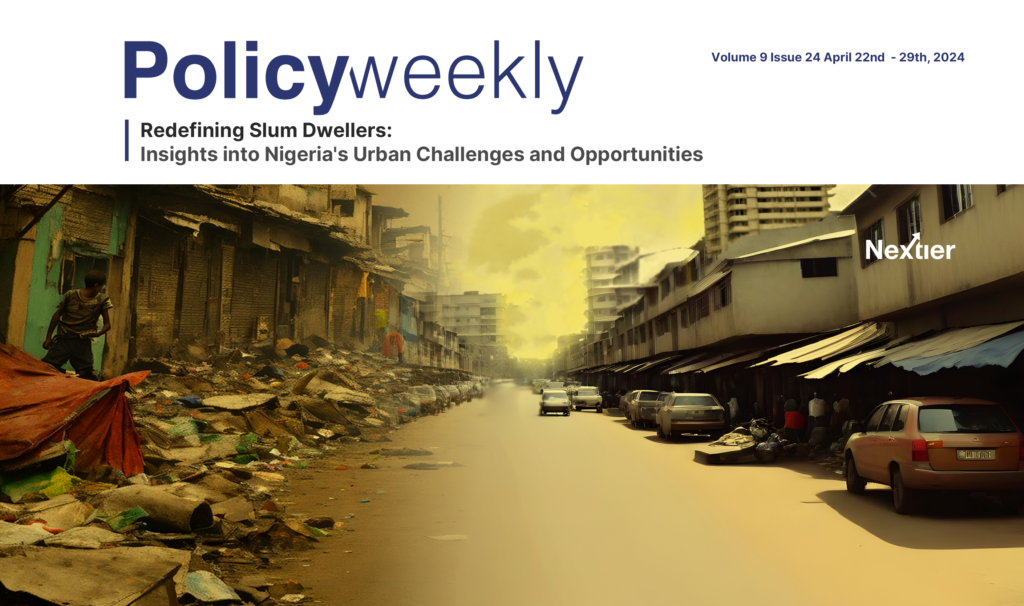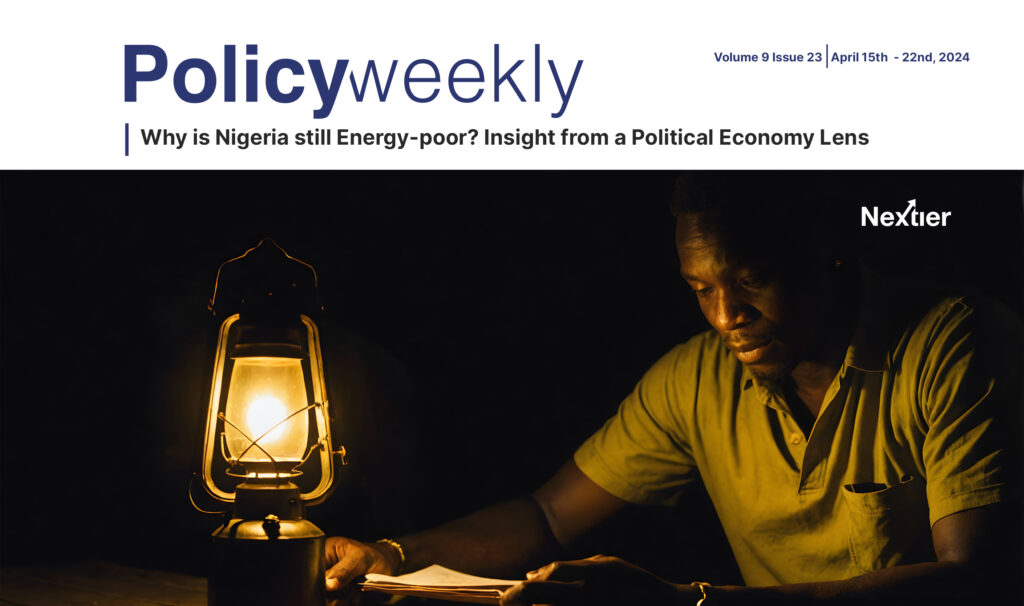Nigeria’s children are grappling with an unfathomable crisis. Grave violations of their rights are on the rise. In addition to attacks on educational institutions, the escalating violence, coupled with the displacement of families fleeing insecurity, has exacerbated the humanitarian crisis in violent-prone areas. Internally displaced children are particularly vulnerable to exploitation, abuse, and recruitment by armed groups, further compounding their already dire circumstances. The lack of access to basic services, including education and healthcare, further jeopardises their well-being and future prospects. Beyond physical violence, cultural practices such as Female Genital Mutilation persist, subjecting countless Nigerian girls to irreversible harm and psychological trauma. Similarly, sexual abuse and exploitation remain widespread, with many cases unreported and perpetrators escaping accountability, leaving victims traumatised and devoid of justice. These acts not only violate the fundamental rights of children but also undermine their prospects for a safe, healthy, and prosperous future.
In light of these challenges, this edition of the Nextier Policy Weekly examines existing policies and initiatives to safeguard children’s rights in Nigeria. By identifying gaps and shortcomings in the current framework, evidence-based recommendations can be formulated to strengthen child protection mechanisms and ensure a safer, more conducive environment for Nigerian children to thrive.
Click here to download report



